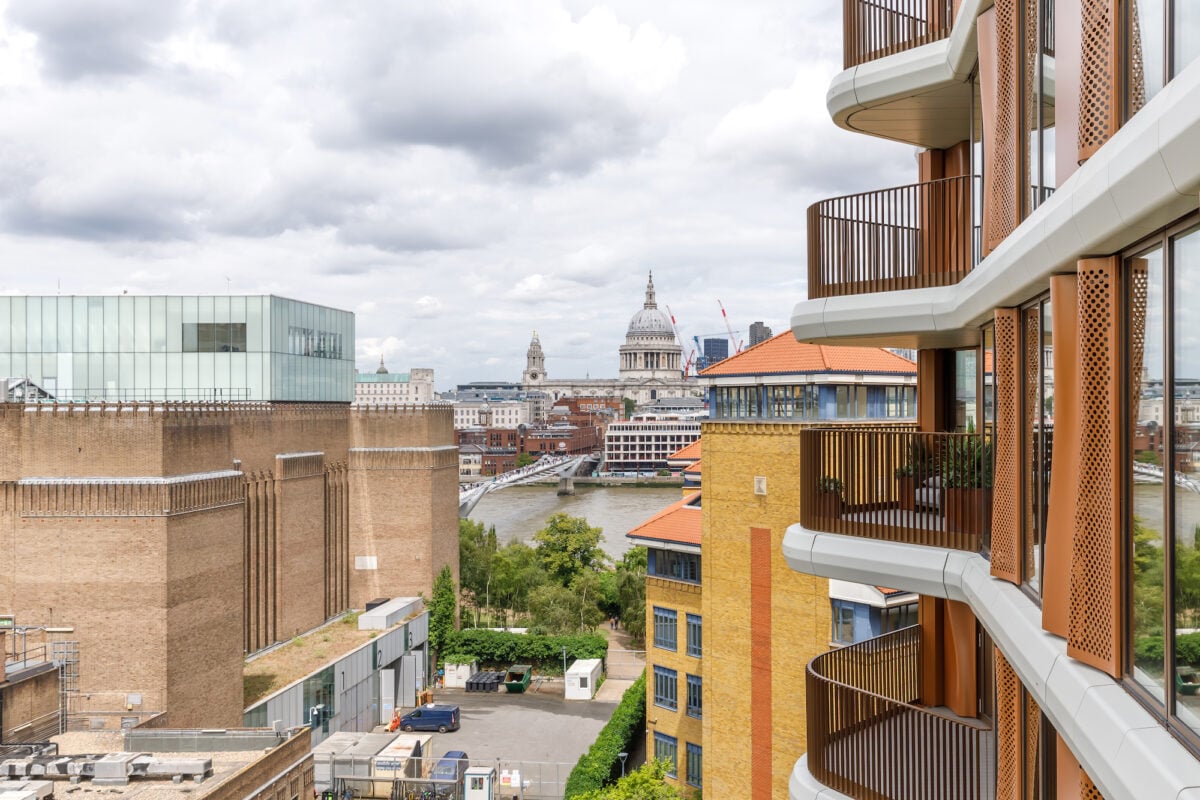This year promises to be a pivotal year for the built environment, with major transformations in store for the industry. With the new Building Safety Regulator (BSR) progressing the agenda of raising safety in the industry and improving the overall standards and performance in the built environment, we can expect to see a number of changes being implemented.
We can also expect to receive important insights and guidance over the next twelve months, offering all stakeholders a deeper understanding of what changes need to be made with the introduction of the new building safety regime and how they can comply with the latest regulations.
Timeline of the Building Safety Act
2022
- 28 April: The Building Safety Act is enacted.
- 28 June: Extended liability periods for Defective Premises Act claims and new leaseholder protections are introduced.
- 1 December: Amendments to Approved Document B (Fire Safety) are implemented.
2023
- January-June: Introduction of Fire Safety (England) Regulations and requirement for two staircases in new residential buildings over 30m in London. Registration and new regulations for High-Rise Residential Buildings start.
- July-October: Deadline for registering existing High-Rise Residential Buildings, the introduction of Key Building Information (KBI) in the registration process, and a comprehensive update in building safety regulations, including the role of the Building Safety Regulator and the Golden Thread of Information.
2024
- 1 April: Finalisation of registration for Building Control Approvers and Inspectors, enactment of Operational and Professional Conduct Rules and Code of Conduct for Registered Building Inspectors (RBIs), and the Building Safety Regulator begins issuing Building Assessment Certificates.
Guiding the Industry Towards Excellence
The BSR’s approach is holistic, focusing on guiding stakeholders through the complexities of the new building safety regime. This entails providing crucial guidance and insights to foster a deeper, collective understanding among industry players. The goal is to clarify the legal requirements and to encourage the adoption of practices that align with the envisioned cultural shift towards safety and excellence.
A Milestone Month for Building Control
April marks a significant milestone for the building control profession as the BSR makes registration mandatory for building control inspectors and approvers. This move, coupled with enforceable operational standards rules, aims to unify the profession across both public and private sectors under a single banner of high standards. The overarching aim is to level the playing field, thereby enhancing the profession’s integrity and trustworthiness.
The BSR is committed to elevating the competence and capability of the building control profession. This is seen as a pivotal step in improving the regulation of building work, ultimately restoring public trust in the built environment. By enhancing the profession’s status, the BSR aims to attract and retain talent, positioning building control as a rewarding career path for new entrants to the workforce.
Safeguarding Higher-Risk Buildings
Since last October, the BSR has taken on the role of Building Control Authority for all higher-risk buildings (HRBs) in England, signifying a proactive approach to ensuring that these buildings are designed and constructed to the highest safety standards. For existing HRBs, the BSR has introduced a rigorous regulatory regime to make a systemic change, prioritising the safety and security of residents.
The registration of residential HRBs and the obligations placed on ‘Principal Accountable Persons’ to manage building safety risks effectively highlight the BSR’s methodical approach to oversight. This includes the submission of Safety Case Reports and Residents’ Engagement Strategies, as well as establishing mechanisms for reporting Mandatory Occurrences.
A Collaborative Path Forward
As the year progresses, the BSR is poised to continue its collaborative efforts with stakeholders, sharing knowledge, expertise and data. This steadfast commitment to upholding a stringent regulatory regime and promoting industry competence is a testament to the BSR’s vision of transforming the built environment and its culture.
It also has numerous advantages for architects, including streamlining their responsibilities and enhancing the overall quality of the construction industry, mitigating risk, improving the consistency and quality of work and providing them with greater control over specifications.
For more information on the BSR and the Building Safety Act, speak to our team of experts here or register your interest in our upcoming continuing professional development (CPD) on this topic and be among the first to know when it is live.

